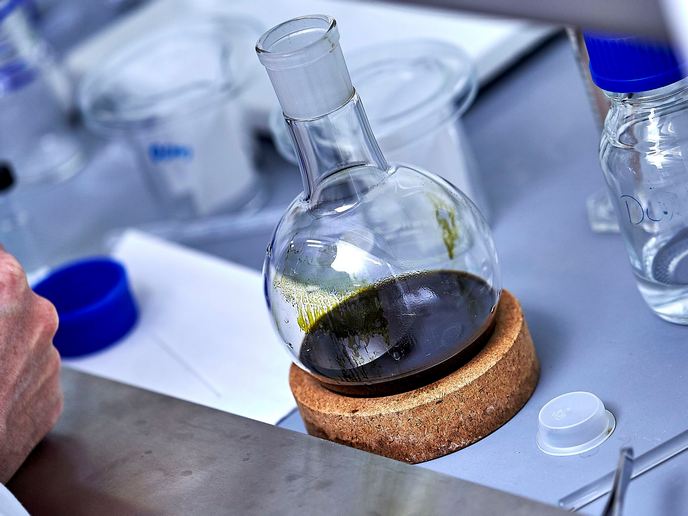An integrated approach to biomass valorisation
The bioeconomy is a huge factor in the European marketplace. Bio-based products and biofuels account for EUR 57 billion in annual revenue. As Europe pursues an evermore resource-efficient, low-carbon economy, maximising the potential of bio feedstocks is essential. Funded with support from the Marie Skłodowska-Curie Actions programme, the IProPBio project builds towards this goal through an exchange of knowledge, expertise and ideas that impacts multiple aspects of the bio-based economy.
An integrated approach to biomass optimisation
To reach its goal of advancing the performance of bioindustries, IProPBio divided its research into distinct areas. According to project coordinator Massimiliano Errico: “The project pushes the boundaries of knowledge in several important aspects: characterisation of new promising biomasses, exploring and assessing the potential of these biomasses as a source of valuable compounds and bioactives, and defining the optimal process routes for their transformation.” To support the performance of biorefineries, the project developed a thermodynamic framework to guide the development of biorefinery systems. The framework involves models for mixture properties, methods and algorithms for performing stability analysis and a library of thermo-physical properties of pure substances. Technological flowsheets, mass and energy integration studies, and life cycle assessments of novel products all play a part in streamlining the efficiency of biorefineries. To coordinate the exchange of expertise necessary to achieve its ambitious goals, IProPBio implemented an exacting schedule of secondment placements among consortium partners. The global pandemic presented challenges to the exchange of ideas, but IProPBio partners were undeterred. Errico says: “All members of the consortium, with absolutely no exception, collaborated to find effective ways to reschedule the activities, and they never lost their commitment to the project even if we were going through unprecedented events.”
Alternative bio feedstocks
At the heart of the project is biomass valorisation through the characterisation of biowaste and the application of green extraction technologies. Some of the feedstocks investigated include fruit pomace – a pulpy residue left over from making juice or wine – and spent grain from breweries, which accounts for as much as 85 % of biowaste from the brewing industry. The project also investigated olive leaves, orange peels, avocado seeds, coffee grounds and invasive species such as burdock, to name just a few of the feedstocks considered. Selection of alternative feedstocks was based on several factors. Availability and abundance of materials in the countries of consortium partners was one consideration, as was the expertise of partners in working with the identified biomass. Novelty, potential application and the quantity of high value-added products were also criteria for selection. IProPBio has made important contributions to a sustainable bioeconomy in Europe. Over the lifetime of the project, more than 100 scientific papers have been published. Project partners are committed to building on IProPBio’s achievements, with plans to address new biorefinery competencies such as process control and catalysis in the future. As Europe moves to create a sustainable circular economy, applications of biomass beyond energy production are critical. Biowaste is the raw material for high value-added products, and by integrating the study of characterisation, assessment and processing steps, IProPBio has advanced our ability to take full advantage of these sustainable resources.
Keywords
IProPBio, biomass, biorefineries, biowaste, biomass valorisation, biomass feedstocks, bio-based economy, thermodynamic framework







